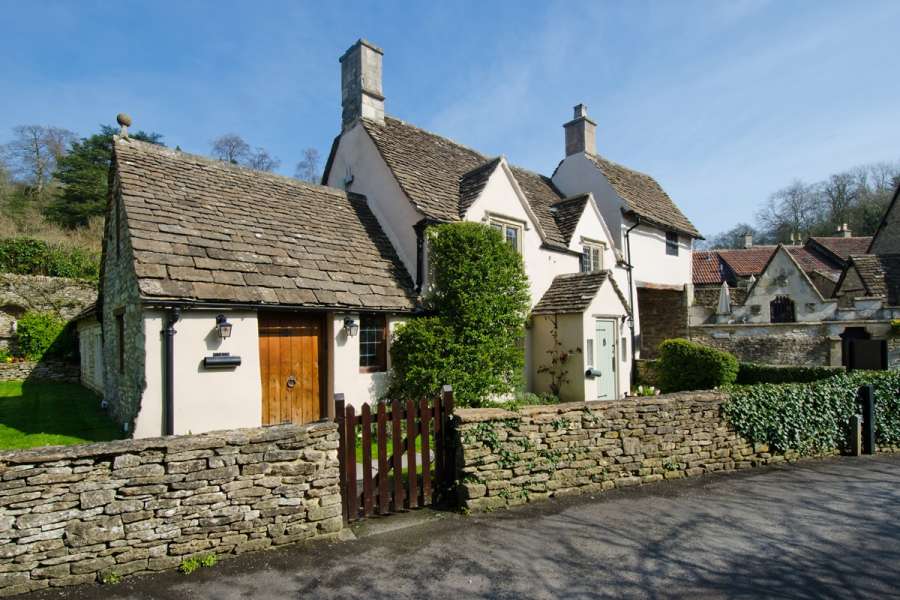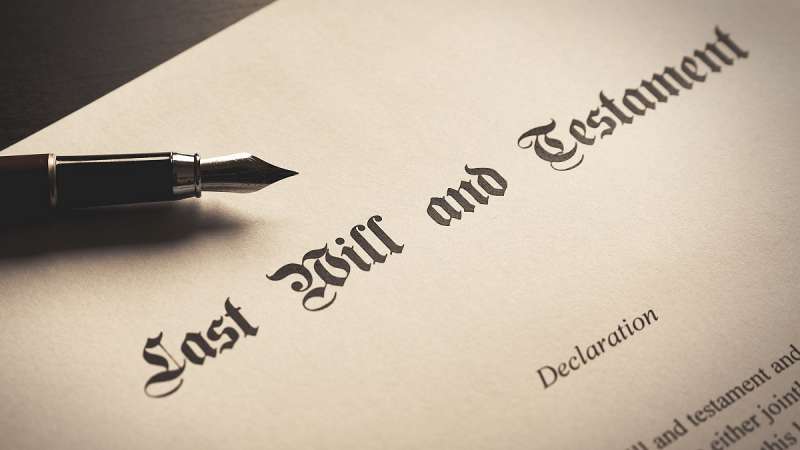Ownership: Joint Tenants or Tenants in common
If you own your home with another person, it is possible to own as “joint tenants” or “tenants in common”. When you pass away, a property owned as joint tenants will automatically pass to the surviving joint owner regardless of the wording of any Will, whereas a property owned as tenants in common will instead pass under the Will (or intestacy rules).
The form of ownership is an important consideration. In some cases, you may want the joint owner to receive your share of the property but in other circumstances this may not be appropriate. You may want to pass your share of the property into a trust to provide some asset protection or you may not wish for the co-owner to inherit your share, or it may be more tax efficient for it to pass to a non-owner if e.g. spousal exemption may be available.
The ownership of your home needs to be considered in conjunction with your wide estate planning to make sure the two match up.
Residence Nil Rate Band (RNRB)
The RNRB was introduced in 2017 as an additional relief from IHT available where a person passes on their death their home or an interest in their home to lineal descendants (children, grandchildren etc), which includes stepchildren. The relief is currently £175,000 providing your estate, on death, is below £2 million, after which the relief tapers by £1 for every £2 by which you exceed the threshold, being lost entirely once an estate reaches £2.7 million.
This relief can save up to £70,000 in IHT for an individual and up to £140,000 for a couple. If a spouse or civil partner dies and does not use this relief, it can be transferred to benefit the estate of the surviving spouse or civil partner so it is important to ensure your Will is drafted to utilise the RNRB and the transferable RNRB if applicable.
The relief can also apply if you have downsized or sold your property e.g. to go into care or live with a family member providing the eligibility is met and the Will is drafted appropriately.
Using Trusts on death for asset protection:
Estate planning is not solely concerned with mitigation of IHT, and this may not be an individual or couple’s primary goal. You may be more concerned with asset protection and ensuring the home is protected and passes in your chosen manner.
For second marriages/relationships, an individual may want to protect their partner’s ability to live in their share of the home rent free until they pass away, or remarry or cohabit, after which they may want to protect the capital asset to pass to their own children.
Alternatively, a couple may be concerned about large care fee bills depleting their assets and may want to protect a portion of the home from being utilised for care fees.
In both scenarios, Trusts can be utilised and a share of the family home on first death can be passed into the trust and that share can be protected for the chosen lifetime and remainder beneficiaries and from third parties as it will not pass into the estate of the surviving owner/occupier/partner.
It is important that your home is owned as tenants in common to utilise this trust and that your Will directs the share of the property into the trust.











